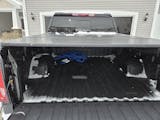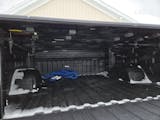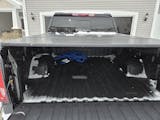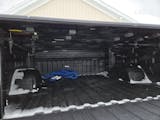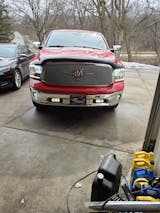What Causes an Exhaust Manifold to Crack?
Exhaust manifolds serve to collect and direct exhaust gasses from engine cylinders to an exhaust pipe for release into the atmosphere. Although designed for maximum durability, exhaust manifolds may sometimes develop cracks over time that cause various issues. We will explore here what factors contribute to crack formation on manifolds.
Heat Stress
One of the primary factors causing manifold cracking in engines is extreme engine heat generated during combustion, subjecting its manifold to temperatures exceeding 700 F at times, particularly with higher-performance or turbocharged models. Constant exposure can weaken and crack the metal. Poorly designed exhaust systems or inadequate cooling mechanisms compound this issue further.

Material Quality
Manifolds are often constructed out of cast iron or stainless steel due to their heatproof qualities. However, inferior materials or poor casting processes could create weak spots susceptible to cracking if left exposed for too long. Precision machining with superior alloys will be needed to guarantee durability under intense temperature conditions.
Vibration and engine movement
Automotive engines are subject to continuous vibration and motion during their operation, creating dynamic forces that can exert tremendous strain on an exhaust manifold's structure if its mounts or brackets have become worn and compromised. Prolonged exposure can even cause fatigue which makes cracking more likely over time.

Corrosion and Rust
Environmental elements, such as moisture and road salt, are significant causes of exhaust manifold corrosion and rusting. Corroded metal becomes weaker over time and more vulnerable to cracking - this trend may accelerate for vehicles operating in harsh winter climates or exposed to salty coastal air.
Engine misfires
Misfires of engines can produce an unexpected surge of unburnt fuel into the exhaust system, rapidly raising temperatures within it and creating thermal stress which increases cracking risk.
Excessive back pressure
Restricted exhaust flow due to a damaged catalytic converter, clogged muffler, or malfunctioning exhaust system can create increased back pressure which places additional stress on the exhaust manifold, potentially increasing cracking risk.
Impact Damage
External factors, including road debris or accidental impacts, can damage an exhaust manifold directly. Even minor collisions or contact with hard objects may create stress points which later develop into cracks in its structure.

Conclusion
Exhaust manifold cracking can be caused by various factors, including heat stress, material quality issues, engine vibration issues, corrosion issues, misfire issues, and engine misfiring; regular maintenance, timely repairs, and the use of quality materials will reduce these risks, prolong its longevity and ensure its proper function for years. Understanding why an exhaust manifold may crack allows vehicle owners and mechanics alike to take preventative steps that extend its lifetime and maintain it effectively.
Featured Products
- $479.99
$499.99- $479.99
- Unit price
- / per
- $549.99
$559.99- $549.99
- Unit price
- / per
- $489.99
- $489.99
- Unit price
- / per
- $469.99
$489.67- $469.99
- Unit price
- / per









